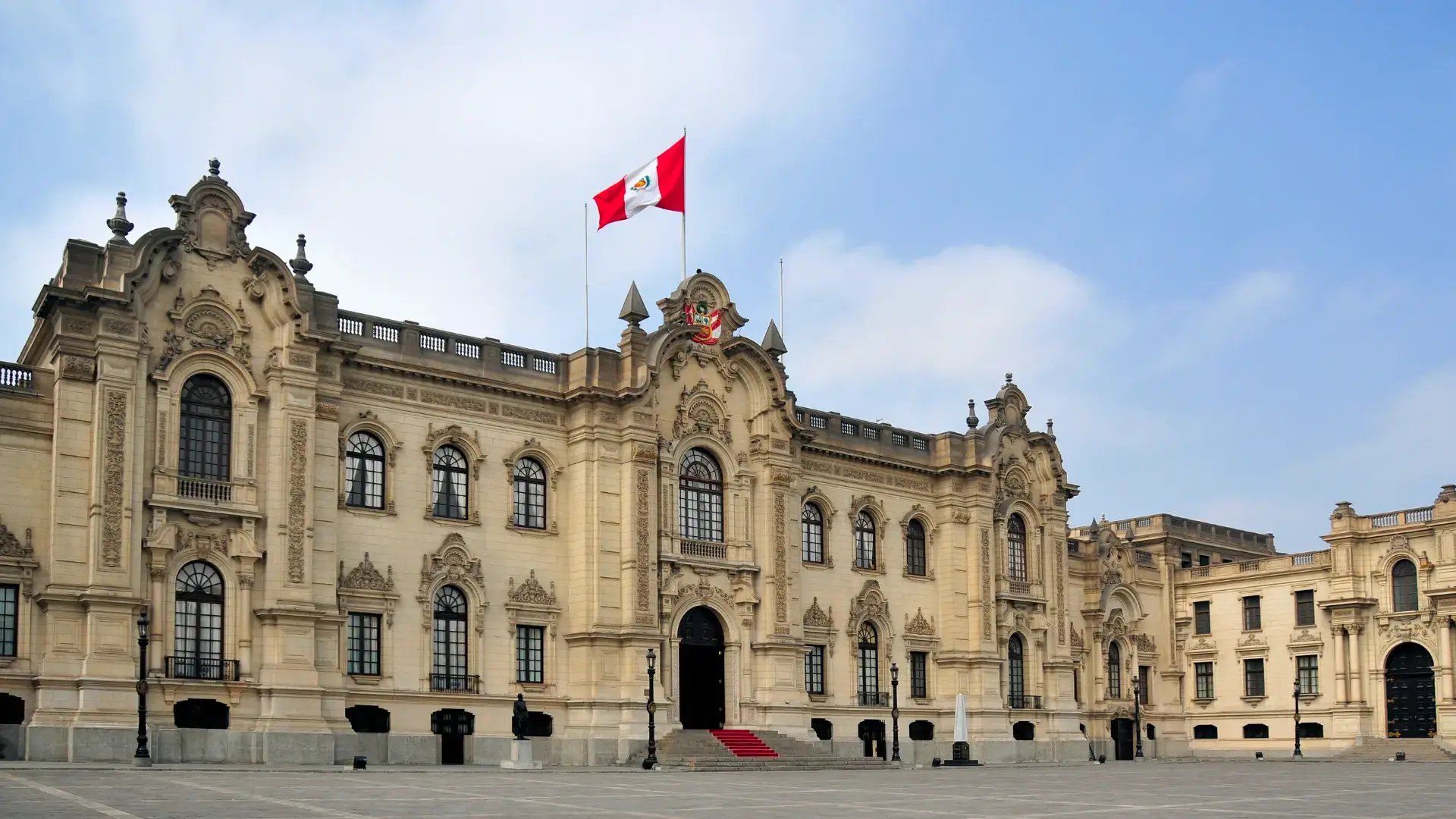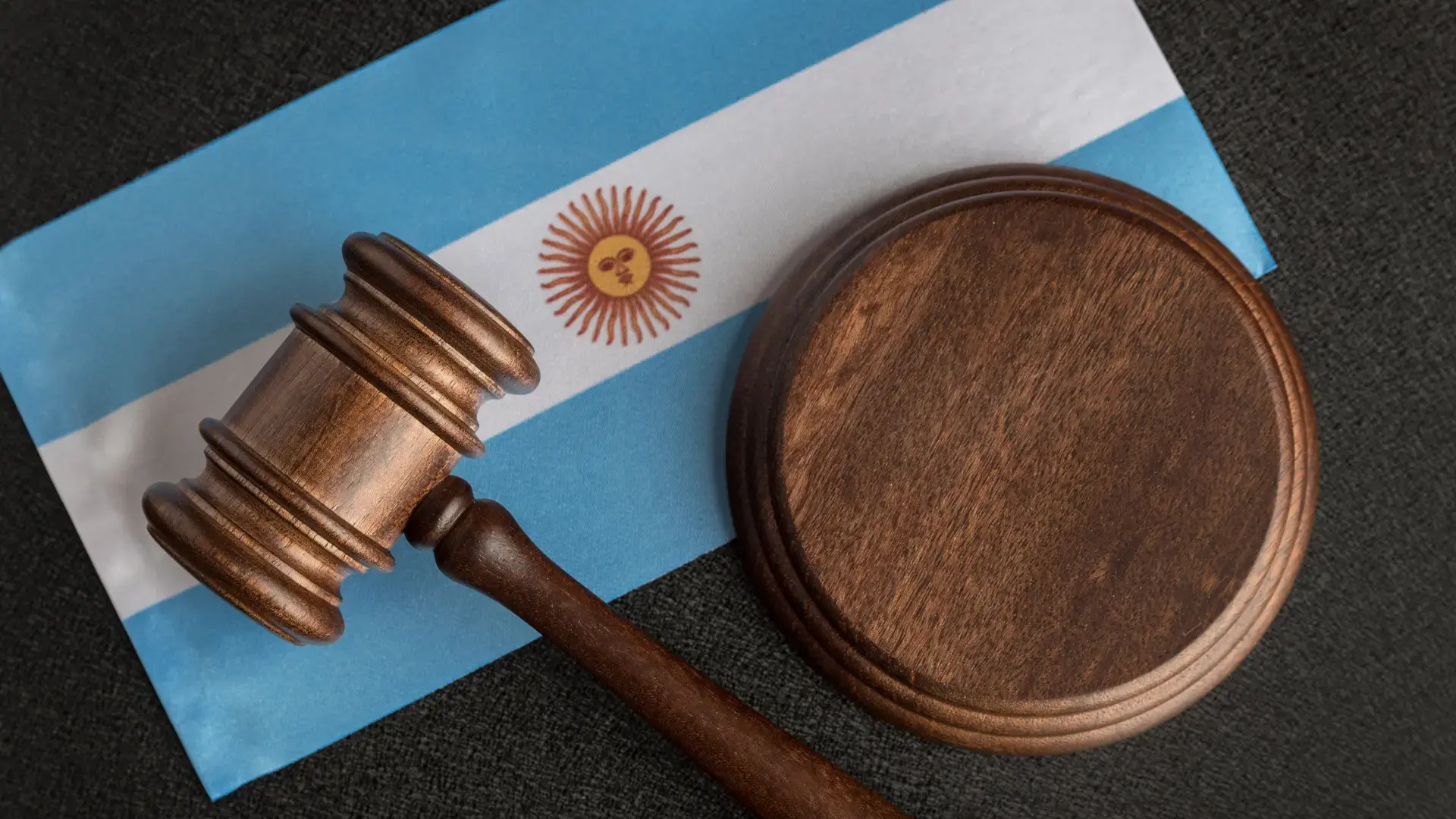That Peru dispute distilled the essential elements of what was to follow: the distressed-debt trades, the holdout strategy, and the courtroom standoffs that would later define Argentina’s collapse. It also captures a moment when sovereign defaults had no standard remedy, no coordinated mechanism for handling such cases (unlike corporate bankruptcy).
The case established the modern restructuring frameworks we know today. It started here - with Peru.
Buy Low, Litigate Hard
Elliott Associates' overall distressed-debt playbook strategy was;
- Acquire defaulted or deeply discounted debt
- Refuse to join restructuring deals
- Use legal pressure to demand full repayment
- Profit!
In 1995, Elliott bought a defaulted Peruvian bank at a sharp discount vs. par value, with the team believing that even an impoverished country would eventually have to repay its obligations in full.
The belief that sovereign debt should be enforceable and repaid in full underpinned their entire approach. It was a bet that through a combination of legal proceedings and transnational pressure, Peru would be forced to repay.
At the time, Peru was working with existing creditors to restructure debt under various initiatives. Most banks and bondholders agreed to exchange defaulted debt for new bonds at a fraction of the original value (taking a “haircut”).
Elliott, however, refused to accept a haircut. Instead of tendering their Peruvian loans into the restructuring, they held out for full payment. The logic was that if enough other creditors took a deal to restore Peru’s finances, Peru might then afford to pay Elliott in full.
By standing apart from cooperative creditors, Elliott could later demand repayment of 100% of the debt’s face value, plus accumulated interest, using litigation as leverage. Elliott’s campaign against Peru would put this strategy to the test, and in doing so, established new legal tactics for sovereign debt recovery.

The Distressed-Debt Drama Detonates!
By the mid-1990s, Peru was emerging from a period of economic turmoil and had defaulted on its external debt. Under a plan in 1996/97, Peru offered creditors a restructuring - swapping old defaulted loans for new Brady bonds at a reduced value, combined with economic reforms. Most major banks went along, encouraged by US government and IMF support for the deal. However, Elliott Associates saw an opportunity in Peru’s defaulted loans.
Elliott began quietly buying up Peruvian bank debt on the secondary market at a deep discount. By 1996, the hedge fund had amassed ~$20.7 million in face value of these loans for roughly $11.4 million. If Peru eventually honoured the debt at or near face value, Elliott stood to gain handsomely. But Peru showed no inclination to pay holdouts like Elliott any more than it offered other creditors, which meant Elliott would likely have to fight in court to get a better outcome.
Accusation of “Champerty”
In late 1996 Elliott sued Peru (and its central bank) in New York federal court to recover full payment. Thus began Elliott vs. Peru, a legal battle that would last over four years.
Peru’s defence team deployed a counterattack: they accused Elliott of “champerty”, an old legal term (dating to medieval times) that prohibits buying a debt with the sole intention of suing on it - essentially, banning investors from trafficking in lawsuits.
New York state had a champerty law on the books, and Peru argued that Elliott’s entire Peru debt position was illegitimate because Elliott bought the loans only to sue the country. If the court agreed, Elliott’s claim could be thrown out and the fund would lose the $11 million it spent on the loans.
In March 1998, Elliott’s founder Paul Singer himself took the witness stand in Judge Robert Sweet’s Manhattan courtroom to defend his firm’s motives. Under cross-examination, Singer was confronted with his own words from a deposition: “Peru would either pay us in full or be sued”.
The blunt statement left little doubt that litigation was a key part of Elliott’s game plan from day one. Peru’s lawyers leaned on this point to paint Elliott as a predatory actor whose primary purpose in buying the debt was to haul Peru into court.
In August 1998, Judge Sweet ruled against Elliott, agreeing that the purchase of Peru’s debt was champertous (done with intent to sue) and therefore invalid. It was a huge setback for the hedge fund. The ruling essentially labeled Elliott a speculative litigator rather than a legitimate investor, and if it stood, Elliott would recover nothing.
However, Elliott was not about to back down. The firm appealed Judge Sweet’s decision to the US Second Circuit Court of Appeals, assembling an army of amici (supporting voices) from financial industry groups to argue that enforcing sovereign debt is in the interest of New York’s standing as a global financial centre.
In essence, Elliott contended that if New York courts refused to enforce debt contracts, it would set a dangerous precedent - borrowers might be emboldened to default, and investors would lose confidence in lending. This pro-creditor stance had even been US policy in the 1980s debt crises, as Elliott pointed out.

Reversal on Appeal - Enforcing the Debt
In October 1999, the Second Circuit Court delivered a reversal in Elliott’s favour. The appellate judges overturned the champerty ruling, holding that buying debt with the “primary goal” of getting repaid (even via litigation) is not unlawful so long as one’s intent isn’t solely to file a lawsuit with no other purpose. In other words, because Elliott’s ultimate goal was to get paid in full - a lawful goal - and suing was just a means to that end, the champerty law did not apply.
This decision effectively neutered the champerty defence in sovereign debt cases. From then on, debtor nations could no longer easily dismiss holdout claims by accusing investors of lawsuit-chasing in New York courts. With the legal path cleared, Judge Sweet (now following the higher court’s guidance) entered a judgment ordering Peru to pay Elliott approximately $55-58 million, which included the $20.7 million principal plus a hefty sum in accrued interest and even interest-on-interest.
The Pari Passu Ploy and PAYDAY
In September 2000, the hedge fund launched a legal flurry across multiple countries to collect on the Peru judgment. Elliott aimed to block Peru’s payments to other creditors.
At the time, Peru was regularly making interest payments on its new Brady bonds (the restructured bonds held by the banks and investors who had agreed to the 1996 deal). If Elliott could intercept or freeze those payments, it could threaten Peru with a new default on the Brady bonds, creating immediate pain. The key was a seemingly boilerplate clause found in most sovereign debt contracts: the pari passu clause.
“Pari passu” (Latin for “equal footing”) typically means that all unsecured creditors rank equally. Elliott argued in courts that this clause actually meant Peru could not lawfully pay one group of creditors (like the Brady bondholders) while stiffing another (Elliott) - in effect, any payment to others had to be matched by payment to Elliott (“equal payment” interpretation).
This interpretation was novel, but if accepted, it would justify an injunction to stop Peru’s bond payments until Elliott was paid its share. In an ex parte hearing, Elliott convinced a court in Brussels, Belgium to issue an order freezing $47 million of Peru’s next Brady bond payment. Similar motions were filed in New York, London, and Luxembourg.

Caught off guard by this multi-front attack, Peru had to act quickly. With a large bond payment coming due on September 7, 2000, Peru initially postponed the payment to fight the injunctions during a 30-day grace period. But when the Belgian appeals court upheld the freeze a few weeks later, Peru realised it was cornered - missing the payment would trigger a default on the Brady bonds and destabilise its finances. Rather than risk that outcome, the Peruvian government capitulated. On September 29, 2000, Peru agreed to pay Elliott Associates $58.45 million to settle the case and get the injunctions lifted.
For Paul Singer’s fund, it was payday time: roughly $58 million on an $11 million investment, or more than five times their money. Elliott had proven that a determined holdout could use the legal system to extract full value (and then some) from a defaulted sovereign. The strategy was now validated on the global stage. Investors in distressed debt took note, and so did sovereign borrowers and regulators. The Elliott vs. Peru saga would soon influence how other debt crises played out - most notably in Argentina!












